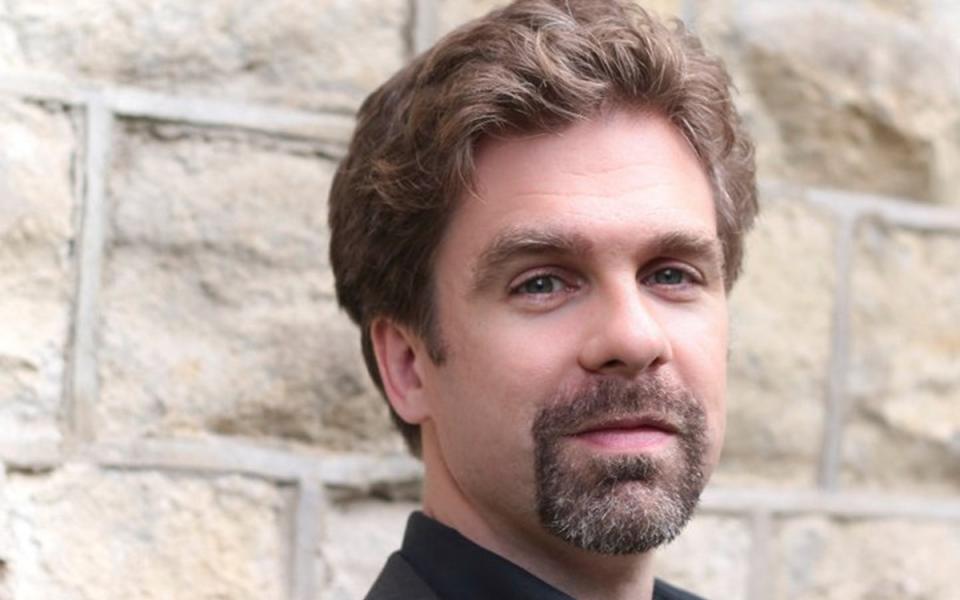Three Choirs Festival 2025: meet Alex Ashworth

Fauré’s Requiem is one of his most performed works. Do you have a particular memory you associate with the piece?
I became obsessed with Fauré’s Requiem after buying a CD of George Guest’s recording with St John’s Cambridge shortly before joining the choir there. It held multiple powerful appeal: trebles turning on a six-pence from other-worldly to full-blooded; my baritone hero Benjamin Luxon singing with power, imagination and surprising humility in the Libera Me, and of course this incredible Requiem, which brings such fragility, delicacy and beauty to the contemplation of mortality. I was addicted: if you could wear compact discs out, I would have done so.
What’s your favourite moment in the Requiem?
This has to be the Agnus Dei. It begins with such a stunning duet between strings and tenors: who knew two such beautiful melodies could be intertwined to weave something stretched with yet more yearning?
Are there any moments in particular the audience should listen out for?
Yes! Later in the Agnus Dei, in the “Lux Æterna” section, the four bar orchestral passage after “quia pius es” is breathtaking: after so much restraint, Fauré unleashes the brass, and it’s knock-out.
What three things are you listening to at the moment?
I’m listening to some of Bach’s St Michael’s Day Cantatas (BWV 19, 130 and 149) at the moment, revising them for performances in Germany: full of devils and dragons, so an energising listen.
I’ve also just finished the audiobook of Mary Shelley’s Frankenstein: read with such pathos by Dan Stevens, I can highly recommend it.
Finally, I’m attempting to learn a little Chinese, so I’m listening to the Coffee Break Chinese podcast. I’m hoping I’ll be able to count to ten any month now.


